John Paul II Catholic University of Lublin
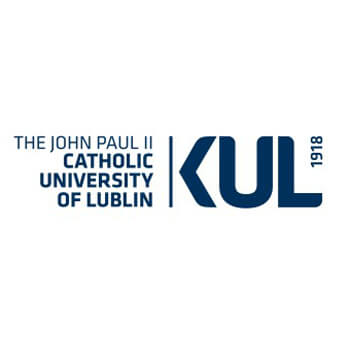
Founded: 1918
Address: Racławickie 14 - Lublin, Poland
Phone: +48 81 4454105
Address: Racławickie 14 - Lublin, Poland
Phone: +48 81 4454105
Here you find out John Paul II Catholic University of Lublin complete information about fees, location, degree John Paul II Catholic University of Lublin offers, number, website, and much more. John Paul II Catholic University of Lublin is a leading university in Lublin - Poland.
You can also find out jobs at John Paul II Catholic University of Lublin for students, teachers, and professors. We also update the database for an internship at John Paul II Catholic University of Lublin for students.
The Catholic University of Lublin was founded in 1918. It is the oldest university in Lublin and one of the oldest in Poland. It was founded by the Polish Episcopate on the initiative of Rev. Idzi Radziszewski, who was also the first rector of the University. KUL has been entrusted to the Sacred Heart of Jesus. Its maxim is " Deo et Patriae" - "For God and Fatherland".
The first inaugurat...ion of the academic year took place on December 8, 1918, in the major seminary in Lublin - the provisional headquarters of the University. 399 young people began their studies in four faculties - Theology, Canon Law and Moral Sciences, Law and Socioeconomic Sciences, and the Humanities.
In 1921 the University received its own building, the so-called Swietokrzyskie Barracks, an edifice of the Dominican Fathers of the Monastic Observance. The administration of the University made an attempt to have State rights granted to the University. In 1928 Parliament bestowed civil legal status upon the University. By means of the Parliamentary act of 1933, KUL became entitled to bestow the title of Master and five years later (April 9, 1938) it acquired the full rights of a state university, that is of conferring doctorates and professorships in all its faculties.
Material means were ensured by donations and funds from dioceses, support from Friends of the University of Lublin Society established in 1922 (as of 1928 the Friends of KUL Society), from incomes from the Potulicka Foundation (estates near Bydgoszcz, a gift from the countess Aniela Potulicka) and collections carried out biannually (since 1930) in all Polish churches.
The 1930s marked systematic development of KUL. The University hired a great many scholars, and cooperated with national and foreign research and academic institutions. Plans for establishment of new departments, among them medicine, philosophy, mathematics and natural sciences, a school for journalists, were stopped by the outbreak of World War II.
During the German occupation, the University was shut down, and a military hospital was organised in KUL"s buildings.
The rector was imprisoned, many of the professors and students were executed, while others were forced to go work in Germany or sent to concentration camps. The University was involved in secret, underground education in Lublin, Warsaw, Kielce, Jędrzejów and Nawarzyce.
After the liberation of Lublin, KUL reopened its doors on August 21, 1944 as the first university in post-war Poland. Despite difficulties (finding academic staff, rebuilding its devastated buildings, finding resources to maintain the University), KUL started making advances: the Department of Christian Philosophy (1946) and the Institute of Higher Religious Culture (1946) were established. A flood of youth from all regions of Poland came to the city and their number systematically increased (1946 - over 1600 students; 1947 - over 2000; 1951 - over 3000).
KUL soon became an unwanted university in communist Poland. There were attempts to stop the development of the University and to limit its influence on society. The 1950s and 1960s were especially hard. The Potulicka Foundation was taken over and made state property, student entries and enrolment were severely limited, aiming at closing the most popular faculties of KUL, that is the Faculties of Law and Socio-Economics.
The philological sections were closed. The rector, Rev. Antoni Słomkowski, was then imprisoned. The right to grant doctorates and professorships was taken away from the Humanities Faculty, and academic exchange with foreign countries was blocked. KUL alumni were denied employment in state positions. Publications of academic research underwent severe censorship. The government"s treating KUL as a profit making institution obliged it to pay high taxes, and due to delayed payments buildings and university property were confiscated.
The response of the University to the growing repression from the State was expansion in the area of research and the foundation of new departments and specialised inter-department research units. It was a time when the university enjoyed its well deserved scholarly reputation. During the period of communism in Poland, KUL was the most important centre of Catholic thought in the country and the only independent university in the entire Soviet bloc. It was also a refuge for the young, not accepted into other universities or marginalised for political or social reasons.
A change came in the 1970s when the University was allowed to make contacts with foreign research and academic institutions, yet the real turning point took place in the 1980s. After many petitions, some of the Institutes were gradually reopened. Moreover, the permission was granted to expand university buildings, among other things the erection of the John Paul II Collegium was started. The Faculty of Social Sciences was re-established, and a new Section of Legal Sciences and Section of Slavonic philology were founded. Thanks to the foundation of the Pastoral Care and Polonia Migration Section (1972), the Summer School of Polish Language and Culture (1974) and a one-year Course in Polish Language and Culture for Foreign Students (1977), more intimate bonds were created between KUL and Polonia.
At present KUL consists of ten faculties: Theology; Law; Canon Law and Administration; Philosophy; Humanities; Social Sciences; Biotechnology and Environment Sciences and Mathematics, IT and Landscape Architecture; three off-campus faculties: Natural and Economic Sciences in Tomaszów Lubelski; Social Sciences in Stalowa Wola as well as many inter-faculty units such as College for Inter-faculty Individual Studies in the Humanities or the School of the Polish Language and Culture. The University undertakes civilisation and scientific challenges of modern times performing extensive research, publishing numerous books, periodicals and encyclopedias such as the Catholic Encyclopedia and the Universal Encyclopedia of Philosophy. Studies are conducted in the Polish and English languages. Numerous facilities and special methods are used to allow studying to persons with disabilities.
Students of KUL have the opportunity to develop passions and interests in many student organizations such as choirs, theatres, or galleries. Thanks to their activity, KUL has a very rich cultural life. “KULturalia” - student’s largest cultural event is held annually. Many scientific circles found at each major of the University deal with students’ extracurricular scientific development. Moreover, students actively participate in the Academic Sports Association, in PTTK and in the Academic Legion of KUL, in which they may undergo trainings in defense. The University Chaplaincy intensively works and its activities comprise a series of initiatives, movements, communities and associations. KUL co-operates with 140 foreign universities, and is a member of many international organisations and associations such as European University Association (EUA), European Federation of Catholic Universities (EFCU) or International Federation of Catholic Universities (IFCU). It participates in exchange programmes and scientific co-operation thanks to which many renown scholars and people of the Church and culture from all over the world visit the University every year.
The Catholic University in Lublin, at present named after John Paul II, is one of the fastest growing universities in Poland. Each year the scope of scientific research and educational offer are extended. Numerous investments demonstrate the development of the University; they are designed to create optimal conditions for the development of academic staff and students.
You can also find out jobs at John Paul II Catholic University of Lublin for students, teachers, and professors. We also update the database for an internship at John Paul II Catholic University of Lublin for students.
The Catholic University of Lublin was founded in 1918. It is the oldest university in Lublin and one of the oldest in Poland. It was founded by the Polish Episcopate on the initiative of Rev. Idzi Radziszewski, who was also the first rector of the University. KUL has been entrusted to the Sacred Heart of Jesus. Its maxim is " Deo et Patriae" - "For God and Fatherland".
The first inaugurat...ion of the academic year took place on December 8, 1918, in the major seminary in Lublin - the provisional headquarters of the University. 399 young people began their studies in four faculties - Theology, Canon Law and Moral Sciences, Law and Socioeconomic Sciences, and the Humanities.
In 1921 the University received its own building, the so-called Swietokrzyskie Barracks, an edifice of the Dominican Fathers of the Monastic Observance. The administration of the University made an attempt to have State rights granted to the University. In 1928 Parliament bestowed civil legal status upon the University. By means of the Parliamentary act of 1933, KUL became entitled to bestow the title of Master and five years later (April 9, 1938) it acquired the full rights of a state university, that is of conferring doctorates and professorships in all its faculties.
Material means were ensured by donations and funds from dioceses, support from Friends of the University of Lublin Society established in 1922 (as of 1928 the Friends of KUL Society), from incomes from the Potulicka Foundation (estates near Bydgoszcz, a gift from the countess Aniela Potulicka) and collections carried out biannually (since 1930) in all Polish churches.
The 1930s marked systematic development of KUL. The University hired a great many scholars, and cooperated with national and foreign research and academic institutions. Plans for establishment of new departments, among them medicine, philosophy, mathematics and natural sciences, a school for journalists, were stopped by the outbreak of World War II.
During the German occupation, the University was shut down, and a military hospital was organised in KUL"s buildings.
The rector was imprisoned, many of the professors and students were executed, while others were forced to go work in Germany or sent to concentration camps. The University was involved in secret, underground education in Lublin, Warsaw, Kielce, Jędrzejów and Nawarzyce.
After the liberation of Lublin, KUL reopened its doors on August 21, 1944 as the first university in post-war Poland. Despite difficulties (finding academic staff, rebuilding its devastated buildings, finding resources to maintain the University), KUL started making advances: the Department of Christian Philosophy (1946) and the Institute of Higher Religious Culture (1946) were established. A flood of youth from all regions of Poland came to the city and their number systematically increased (1946 - over 1600 students; 1947 - over 2000; 1951 - over 3000).
KUL soon became an unwanted university in communist Poland. There were attempts to stop the development of the University and to limit its influence on society. The 1950s and 1960s were especially hard. The Potulicka Foundation was taken over and made state property, student entries and enrolment were severely limited, aiming at closing the most popular faculties of KUL, that is the Faculties of Law and Socio-Economics.
The philological sections were closed. The rector, Rev. Antoni Słomkowski, was then imprisoned. The right to grant doctorates and professorships was taken away from the Humanities Faculty, and academic exchange with foreign countries was blocked. KUL alumni were denied employment in state positions. Publications of academic research underwent severe censorship. The government"s treating KUL as a profit making institution obliged it to pay high taxes, and due to delayed payments buildings and university property were confiscated.
The response of the University to the growing repression from the State was expansion in the area of research and the foundation of new departments and specialised inter-department research units. It was a time when the university enjoyed its well deserved scholarly reputation. During the period of communism in Poland, KUL was the most important centre of Catholic thought in the country and the only independent university in the entire Soviet bloc. It was also a refuge for the young, not accepted into other universities or marginalised for political or social reasons.
A change came in the 1970s when the University was allowed to make contacts with foreign research and academic institutions, yet the real turning point took place in the 1980s. After many petitions, some of the Institutes were gradually reopened. Moreover, the permission was granted to expand university buildings, among other things the erection of the John Paul II Collegium was started. The Faculty of Social Sciences was re-established, and a new Section of Legal Sciences and Section of Slavonic philology were founded. Thanks to the foundation of the Pastoral Care and Polonia Migration Section (1972), the Summer School of Polish Language and Culture (1974) and a one-year Course in Polish Language and Culture for Foreign Students (1977), more intimate bonds were created between KUL and Polonia.
At present KUL consists of ten faculties: Theology; Law; Canon Law and Administration; Philosophy; Humanities; Social Sciences; Biotechnology and Environment Sciences and Mathematics, IT and Landscape Architecture; three off-campus faculties: Natural and Economic Sciences in Tomaszów Lubelski; Social Sciences in Stalowa Wola as well as many inter-faculty units such as College for Inter-faculty Individual Studies in the Humanities or the School of the Polish Language and Culture. The University undertakes civilisation and scientific challenges of modern times performing extensive research, publishing numerous books, periodicals and encyclopedias such as the Catholic Encyclopedia and the Universal Encyclopedia of Philosophy. Studies are conducted in the Polish and English languages. Numerous facilities and special methods are used to allow studying to persons with disabilities.
Students of KUL have the opportunity to develop passions and interests in many student organizations such as choirs, theatres, or galleries. Thanks to their activity, KUL has a very rich cultural life. “KULturalia” - student’s largest cultural event is held annually. Many scientific circles found at each major of the University deal with students’ extracurricular scientific development. Moreover, students actively participate in the Academic Sports Association, in PTTK and in the Academic Legion of KUL, in which they may undergo trainings in defense. The University Chaplaincy intensively works and its activities comprise a series of initiatives, movements, communities and associations. KUL co-operates with 140 foreign universities, and is a member of many international organisations and associations such as European University Association (EUA), European Federation of Catholic Universities (EFCU) or International Federation of Catholic Universities (IFCU). It participates in exchange programmes and scientific co-operation thanks to which many renown scholars and people of the Church and culture from all over the world visit the University every year.
The Catholic University in Lublin, at present named after John Paul II, is one of the fastest growing universities in Poland. Each year the scope of scientific research and educational offer are extended. Numerous investments demonstrate the development of the University; they are designed to create optimal conditions for the development of academic staff and students.
Read More
Details:
LeaderShip: Rector: Hab. Antoni Debinski
Fees:
Time:
Phone Number: +48 81 4454105
City: Lublin
Fees:
Time:
Phone Number: +48 81 4454105
City: Lublin
Timing:
Country: Poland
Staff:
Website: http://www.kul.pl
Country: Poland
Staff:
Website: http://www.kul.pl
Subjects:
Jobs in John Paul II Catholic University of Lublin
Currently, there is no job opening in John Paul II Catholic University of Lublin as per our database.

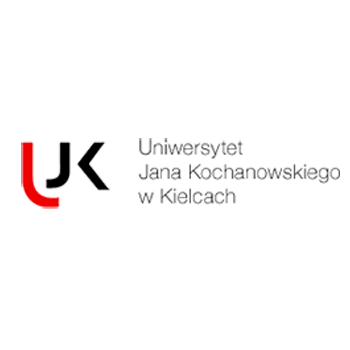
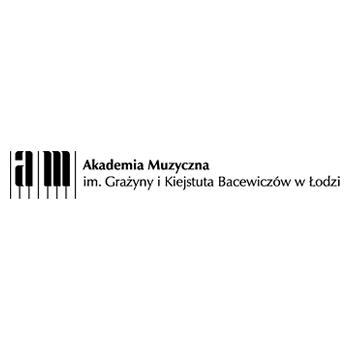
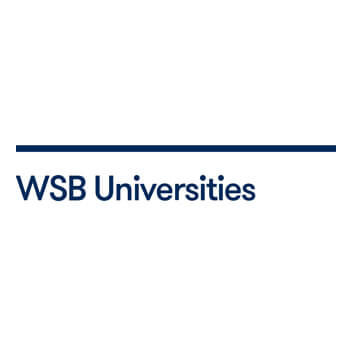
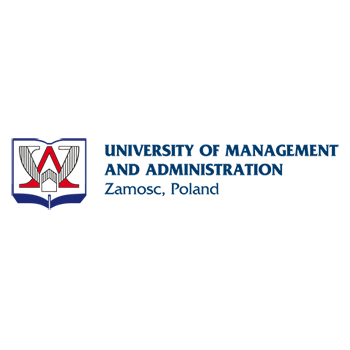
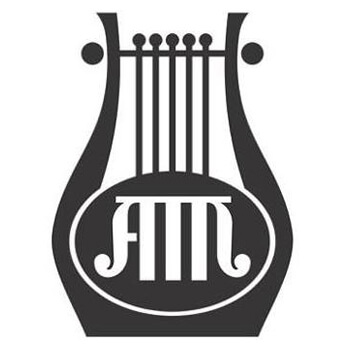
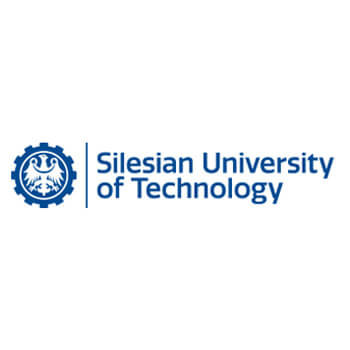
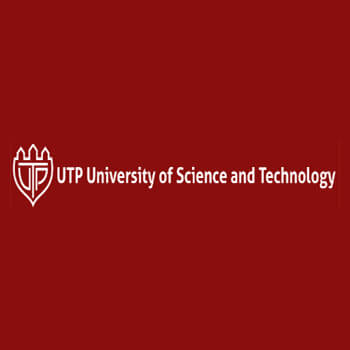
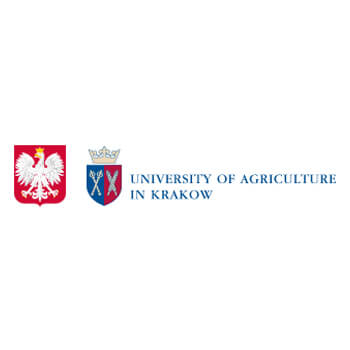




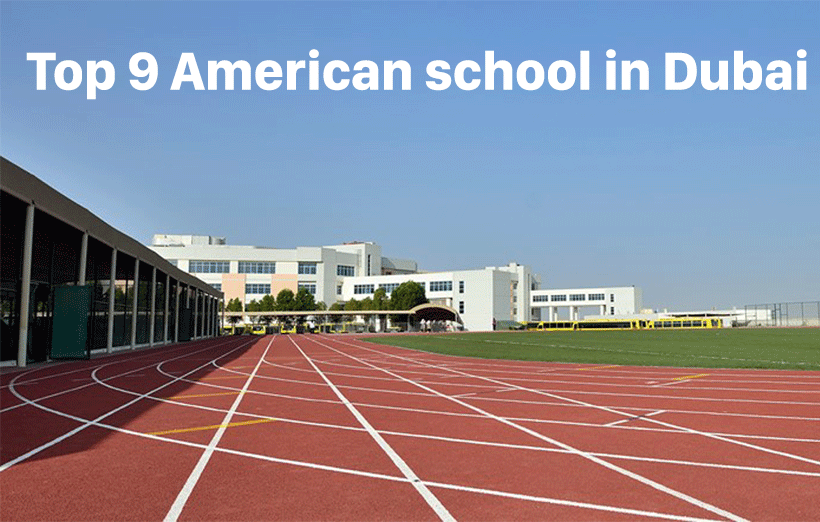




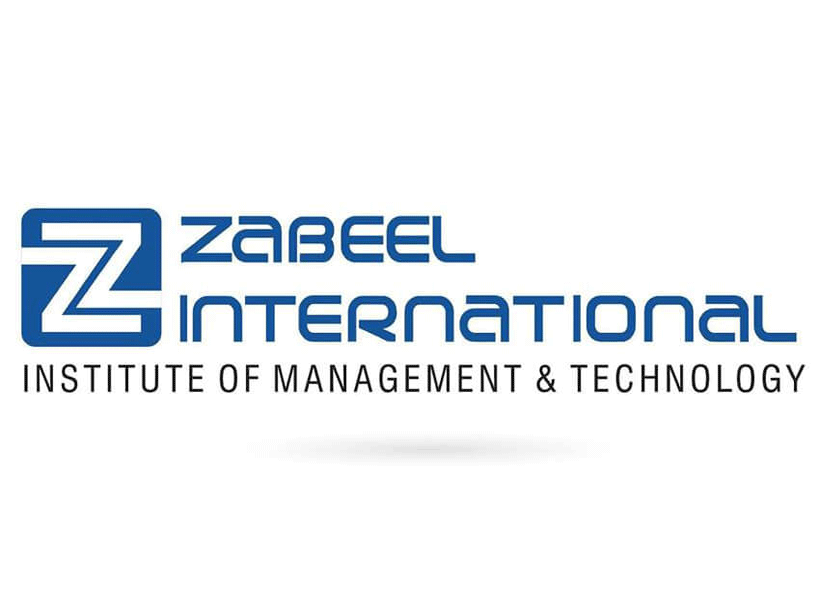
Leave a Reply